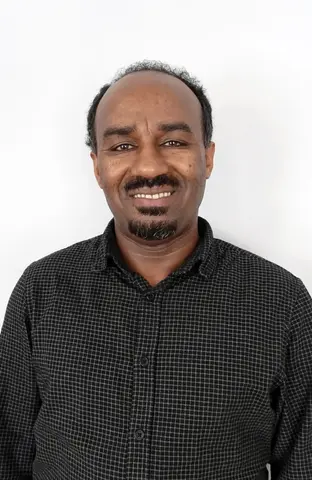
The PhD research project is on the history and identity of the Dobǝᶜa. It focuses on a former ‘ethnic group’ in northern Ethiopia, the Dobᶜa, who are today not known any more as a separate group, but still exist – unknown to most researchers – in the form of lineages in Rayya (southern Tigray and parts of northern Wollo) and beyond, who kept historical memories. The Dobᶜa were a population attested since hundreds of years in most diverse sources, which show that at times they played an important role in Ethiopian regional politics. This is why they have been repeatedly mentioned in scholarly works on Ethiopian history, but never scholars were able to grasp well their ethnic identity and their role in Ethiopian regional politics, while their origin and background plays even an important role in modern scholarly debates, while detail studies on them are missing. This PhD project undertakes the endeavor to document historical narratives and sources and, doing this, has two main approaches. First, it tries to reconstruct their history based on ethno-historical methods, using written Ethiopian and foreign sources (hagiographies, royal chronicles, travel accounts, ajami manuscripts, maps, secondary literatures), and second, evaluates the historical narratives (oral traditions) in a societal-cultural context. Its contribution to scholarship is thus first the work on a ‘modern’ methodology which may help in the better documentation and understanding of local ethnic history, and second a documentation and detail discussion of any available source which helps us to better understanding the history, socio-political and cultural, of these people. This research gives a fresh look at Ethiopian history, which is usually told from the central state or central power perspective. My research is in a way a counter history of the centrist Ethiopian historiography and shows the cultural diversity and the many foldedness of Ethiopian history.